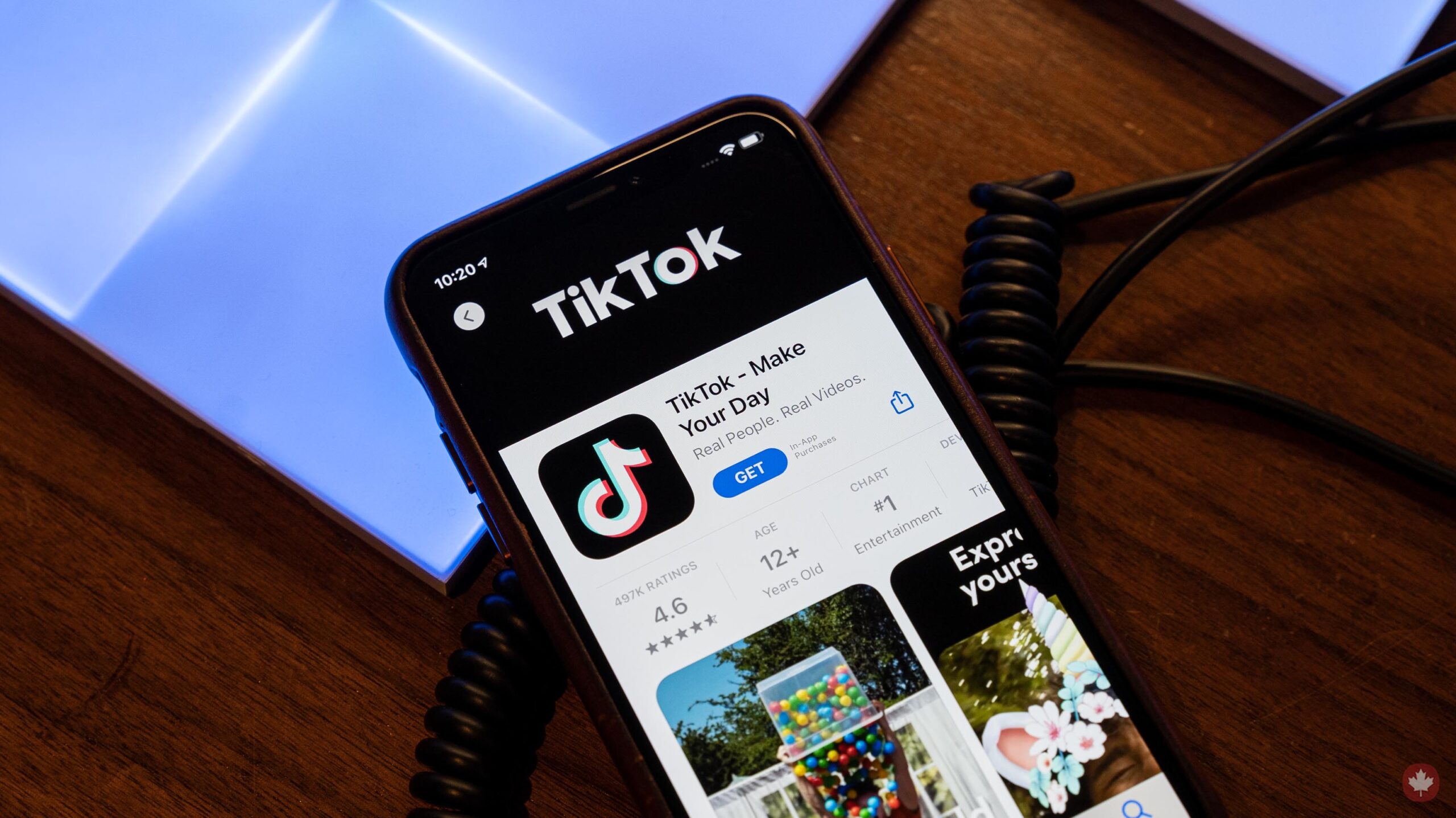
TikTok has officially filed a lawsuit against the Trump administration for its executive order banning transactions with its parent company ByteDance.
“The Administration ignored our extensive efforts to address its concerns, which we conducted fully and in good faith even as we disagreed with the concerns themselves,” the company wrote in a press release.
“We do not take suing the government lightly, however we feel we have no choice but to take action to protect our rights, and the rights of our community and employees.”
TikTok’s argues in the lawsuit that the order violates due process protections and does not back up its claim that TikTok is a national security threat.
“The executive order is not rooted in bona fide national security concerns. Independent national security and information security experts have criticized the political nature of this executive order, and expressed doubt as to whether its stated national security objective is genuine,” the lawsuit alleges.
The lawsuit comes a day after TikTok confirmed it was launching legal action against the administration. TikTok released a statement on August 23rd outlining that it has faced a “lack of due process” after trying to engage with the administration for almost a year.
On August 6th, President Trump signed an executive order banning U.S. business with TikTok. The order essentially aims to force TikTok to sell its U.S. operations or face a ban. The rule was initially meant to take effect in mid-September but has since been extended to November 12th.
Since then, Microsoft and Oracle have expressed interest regarding a potential deal and have had preliminary talks with ByteDance. Twitter also expressed interest, but reports indicated that it did not have the financial means for an acquisition.
It’s important to note that the U.S. government hasn’t specified what exactly the ban would entail. The ban would ban American companies from carrying out transactions with TikTok, but the government hasn’t explained what constitutes a “transaction.”
MobileSyrup may earn a commission from purchases made via our links, which helps fund the journalism we provide free on our website. These links do not influence our editorial content. Support us here.


